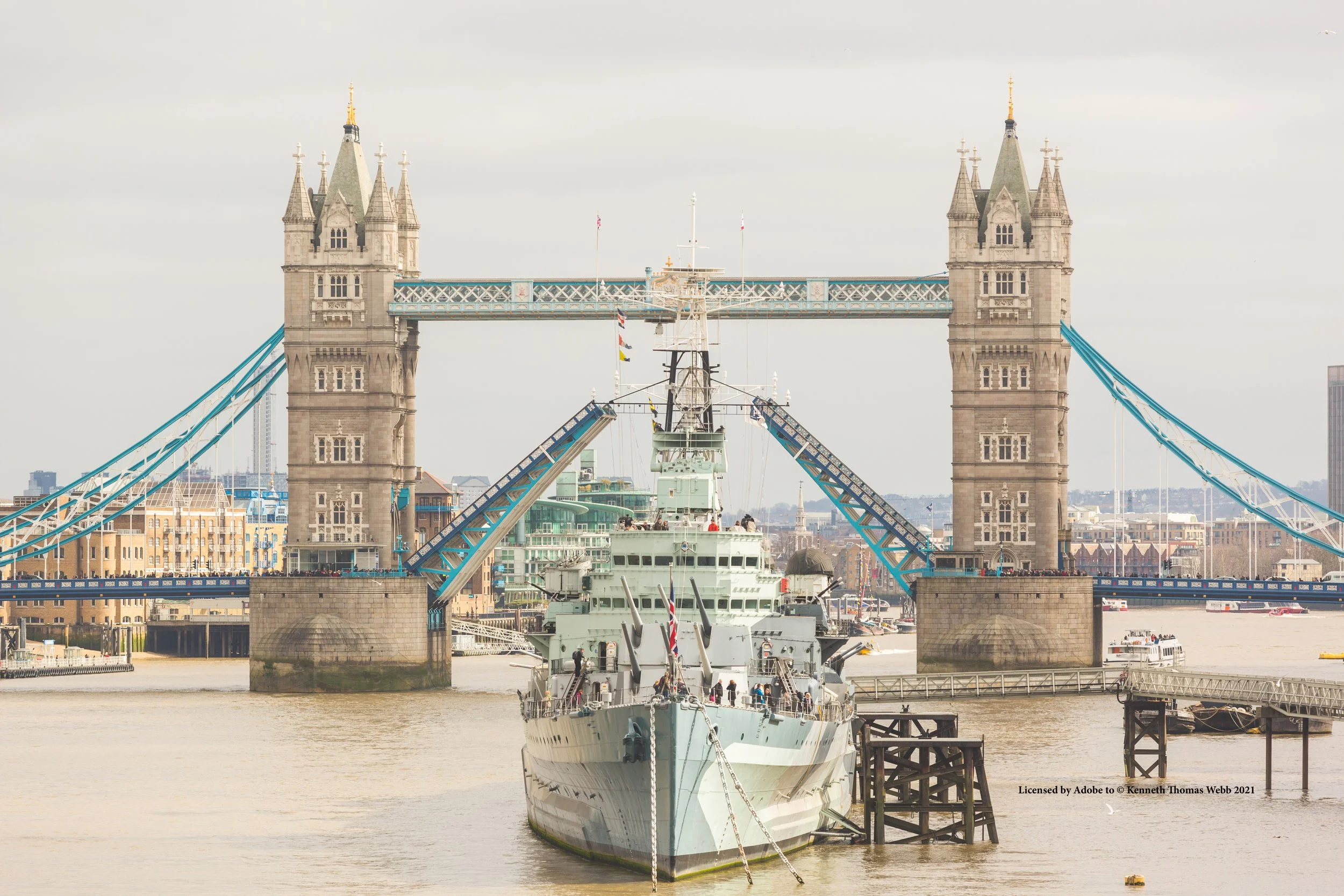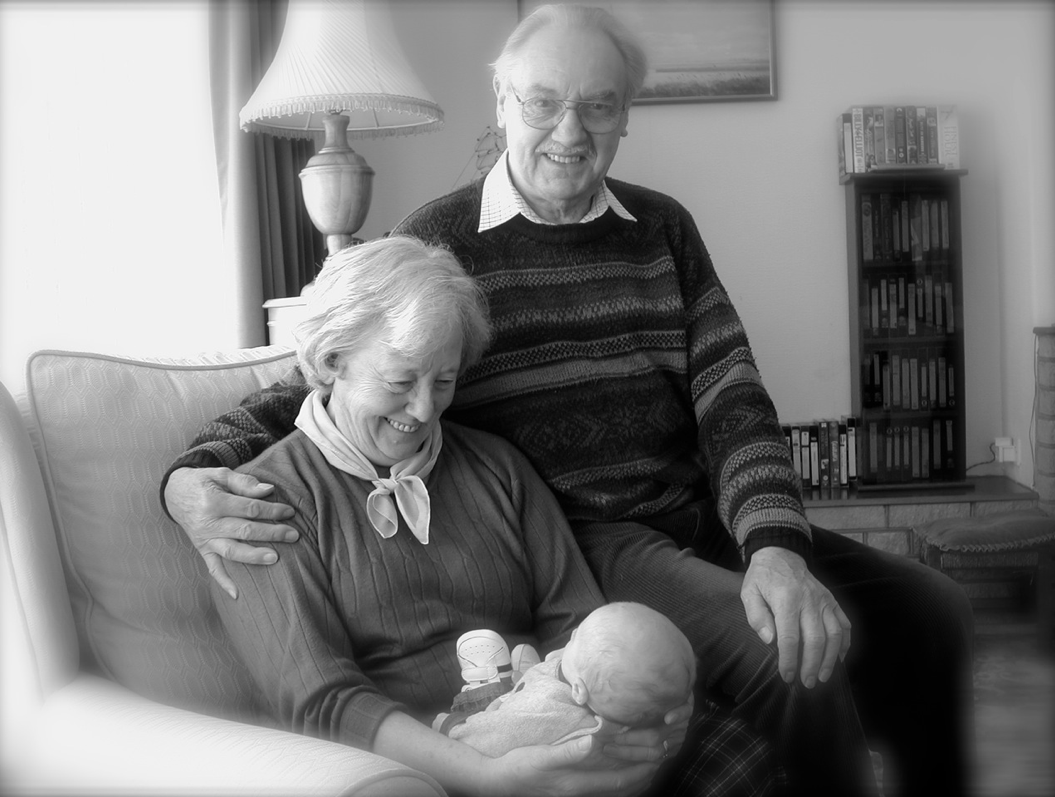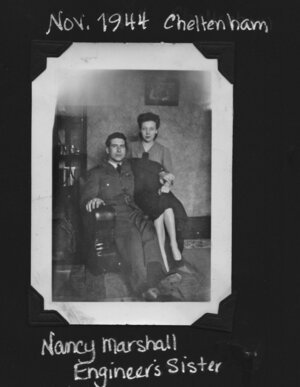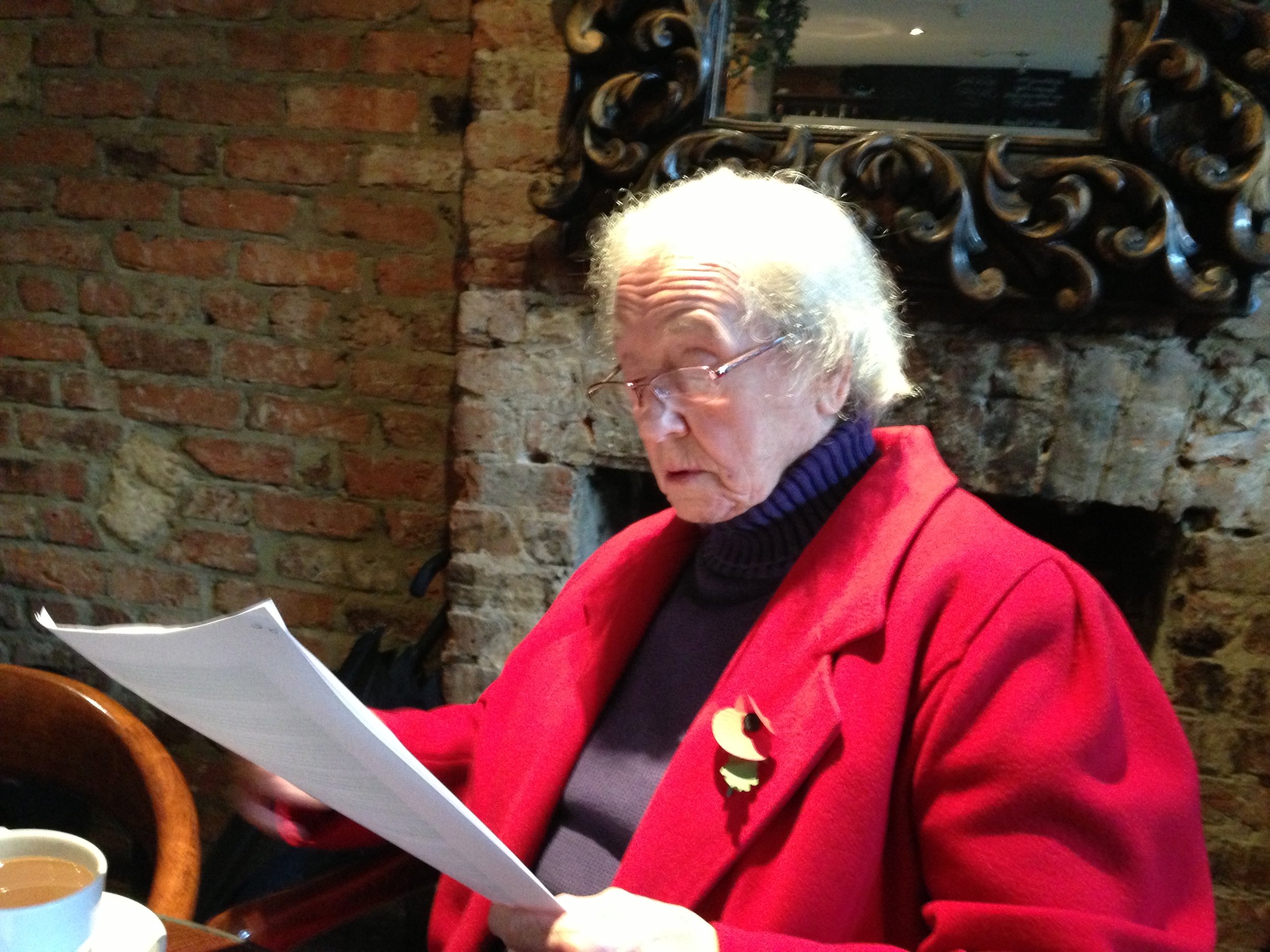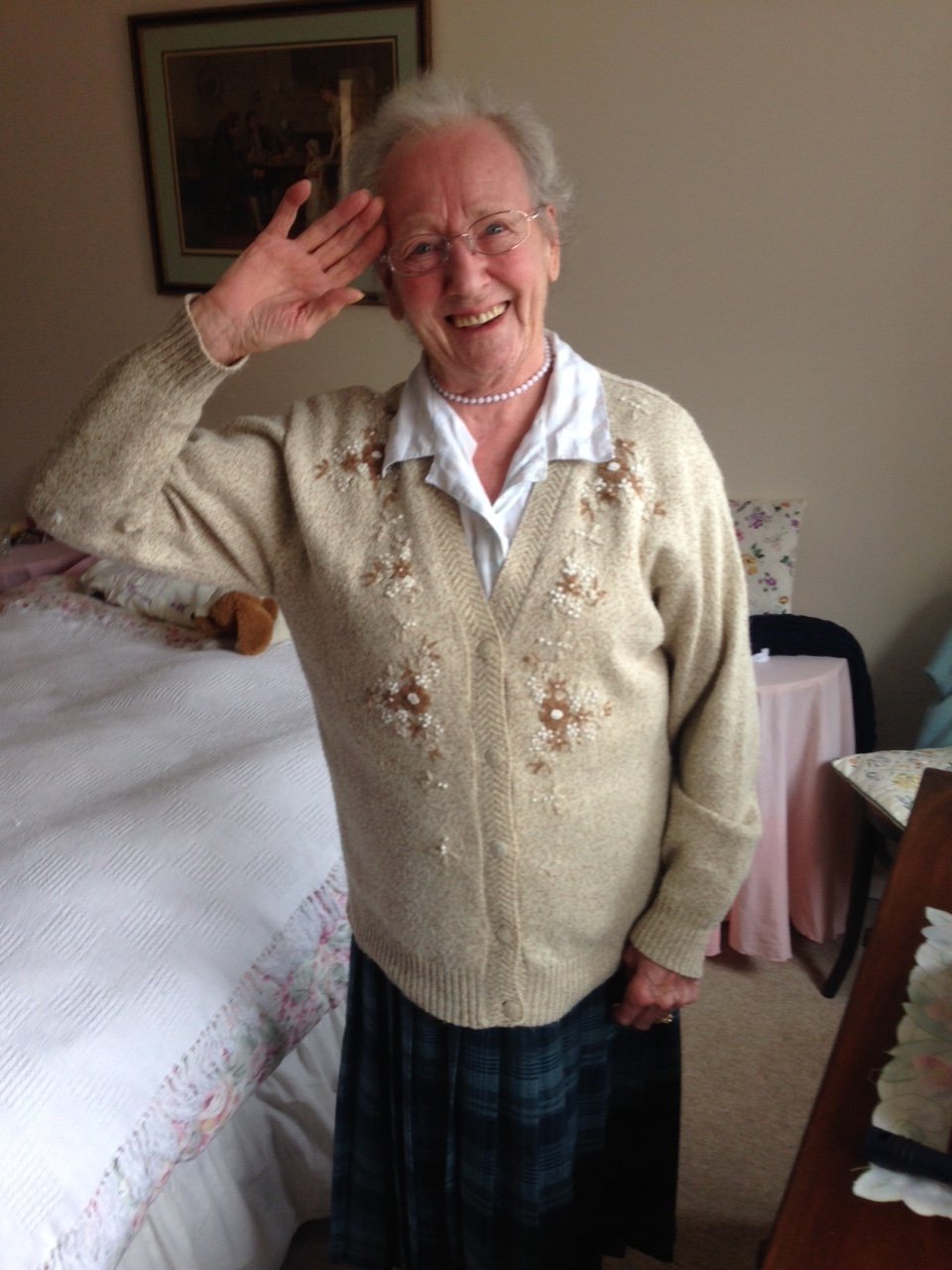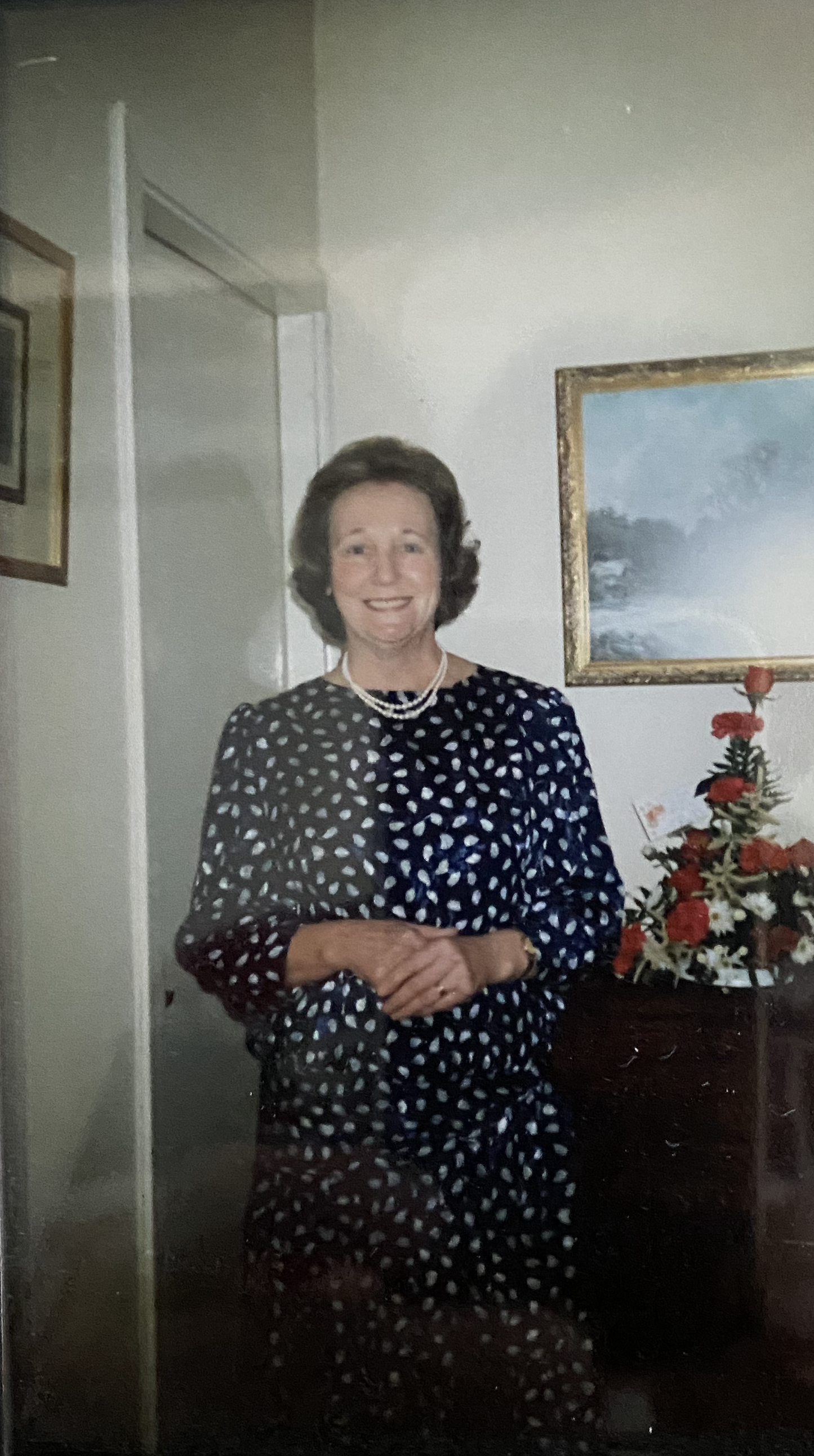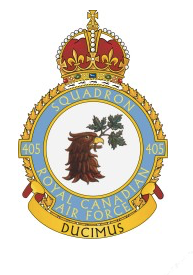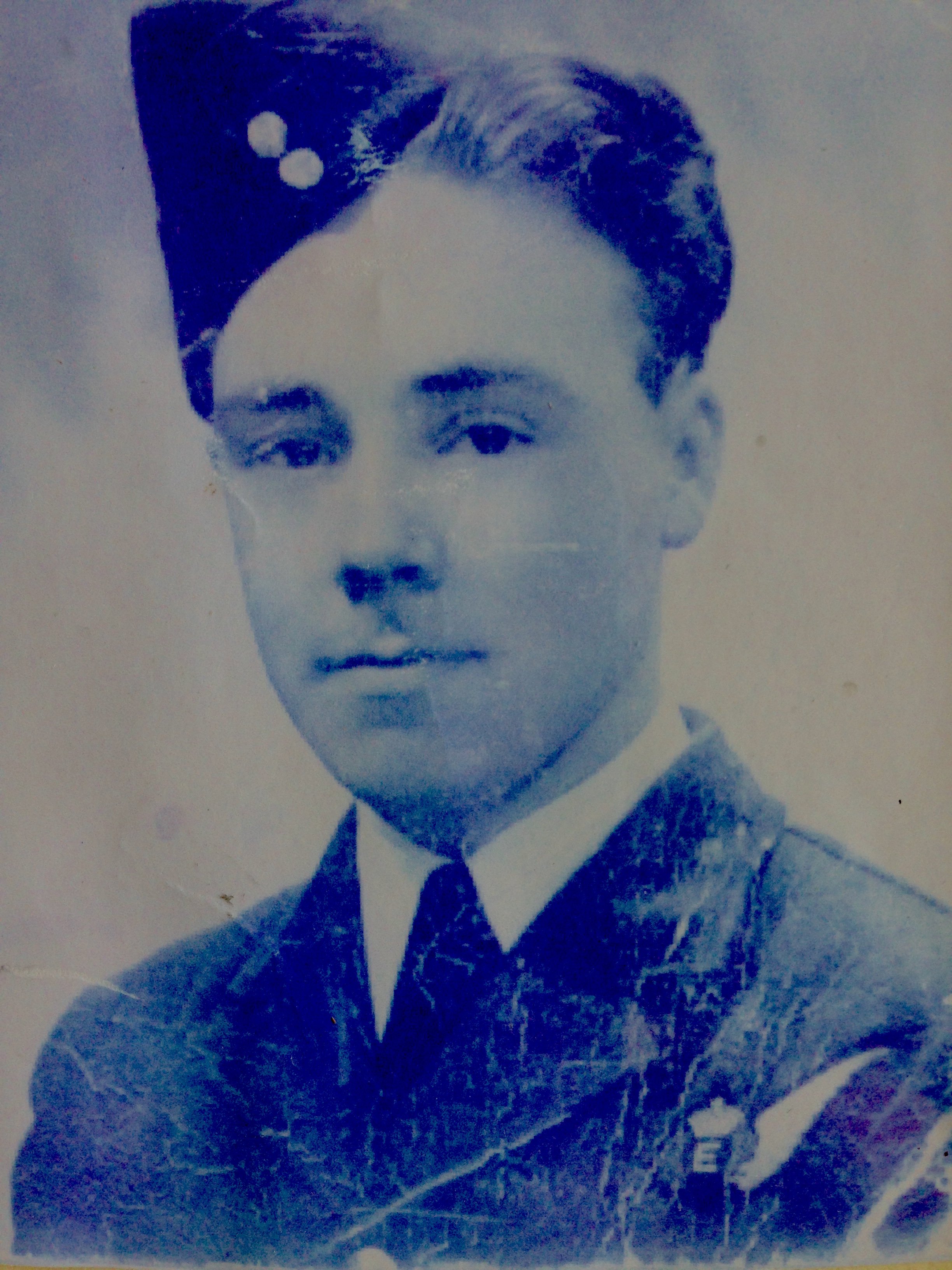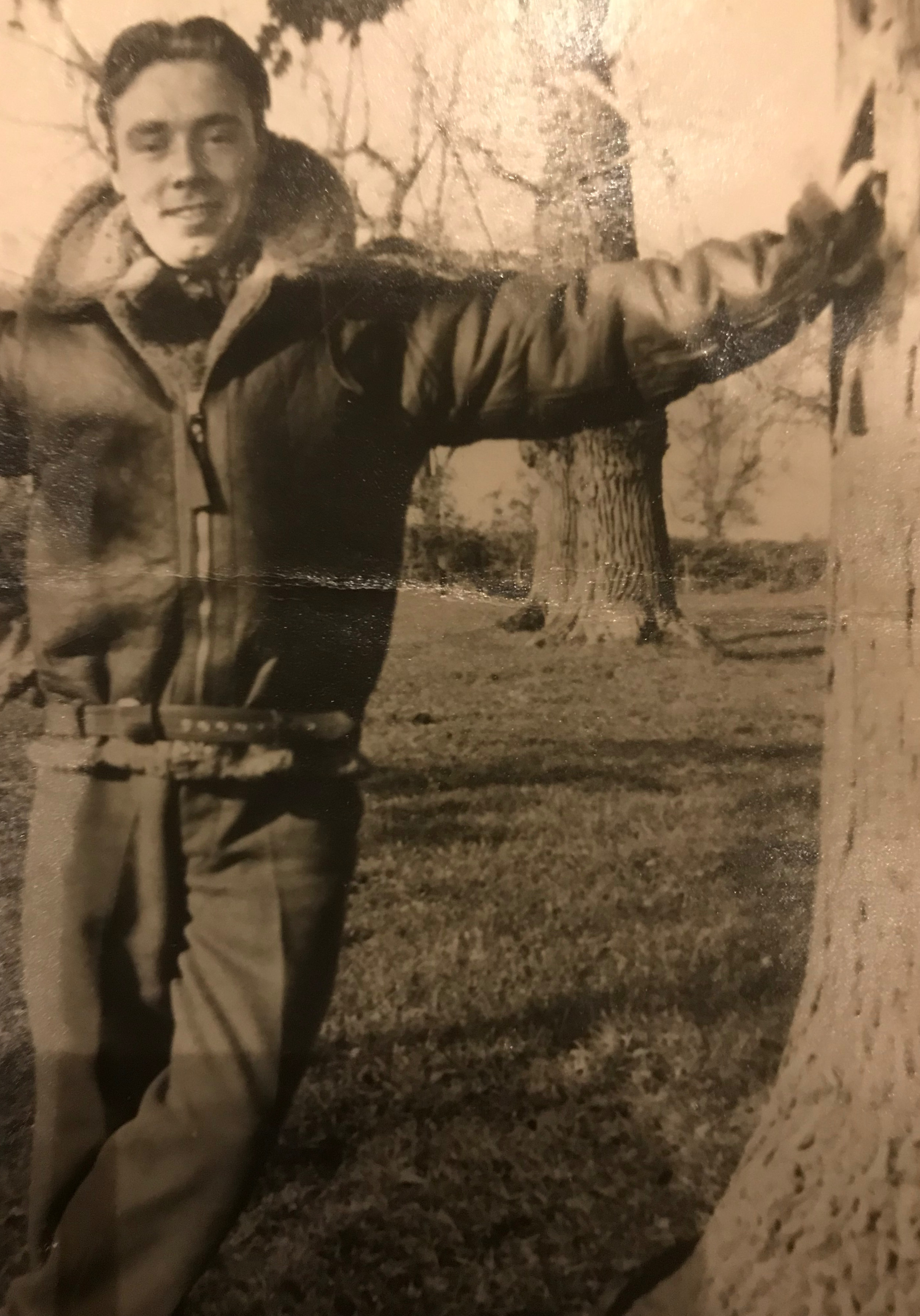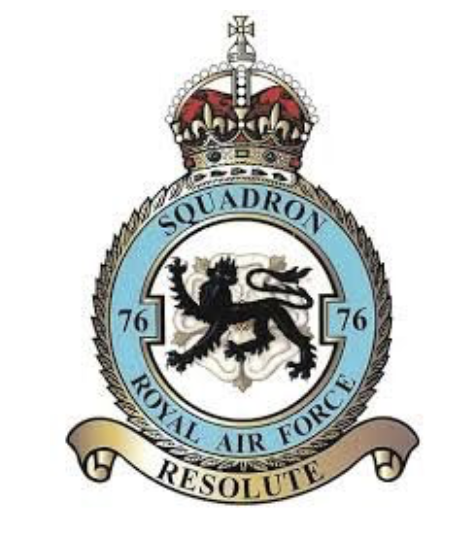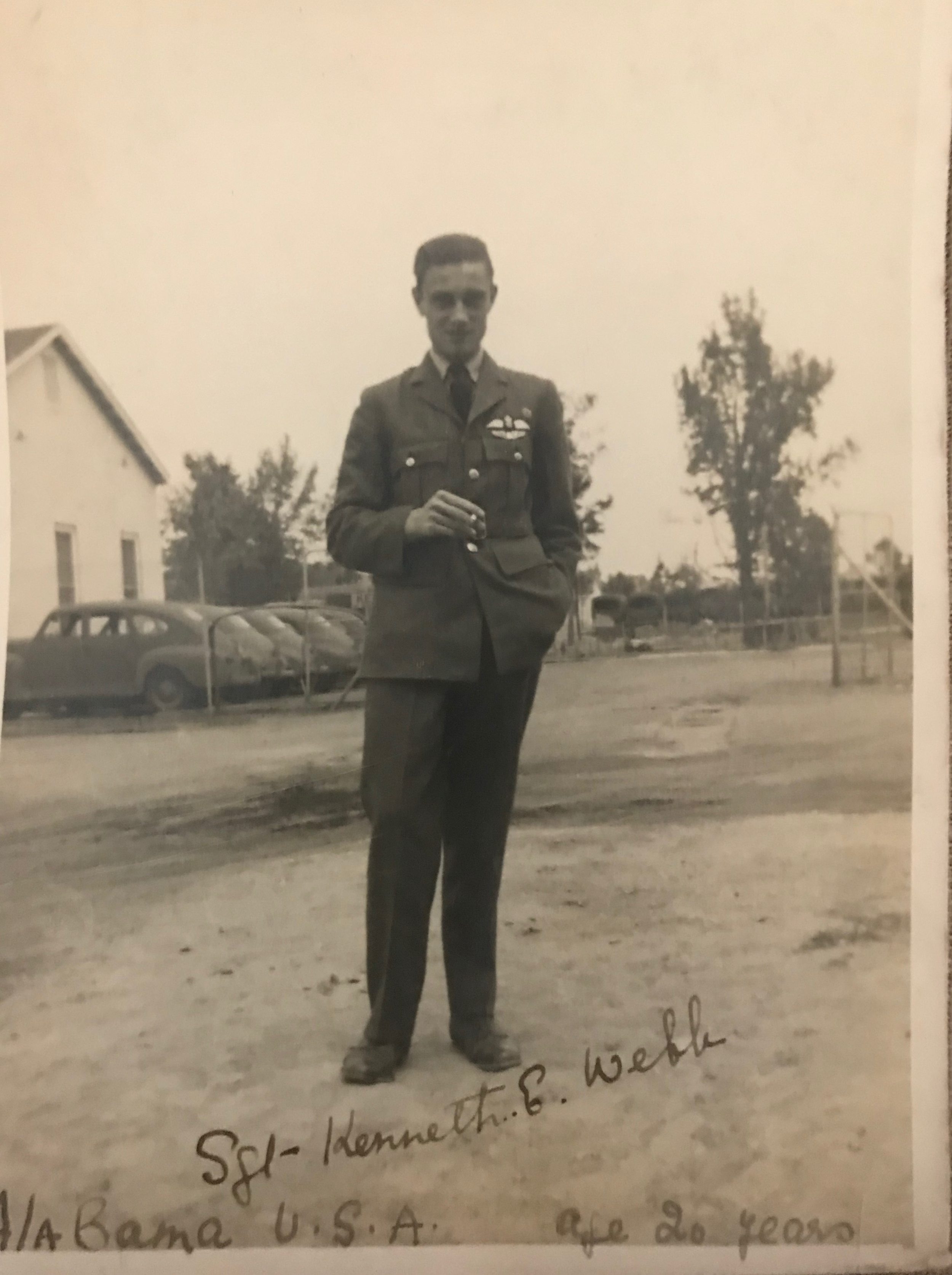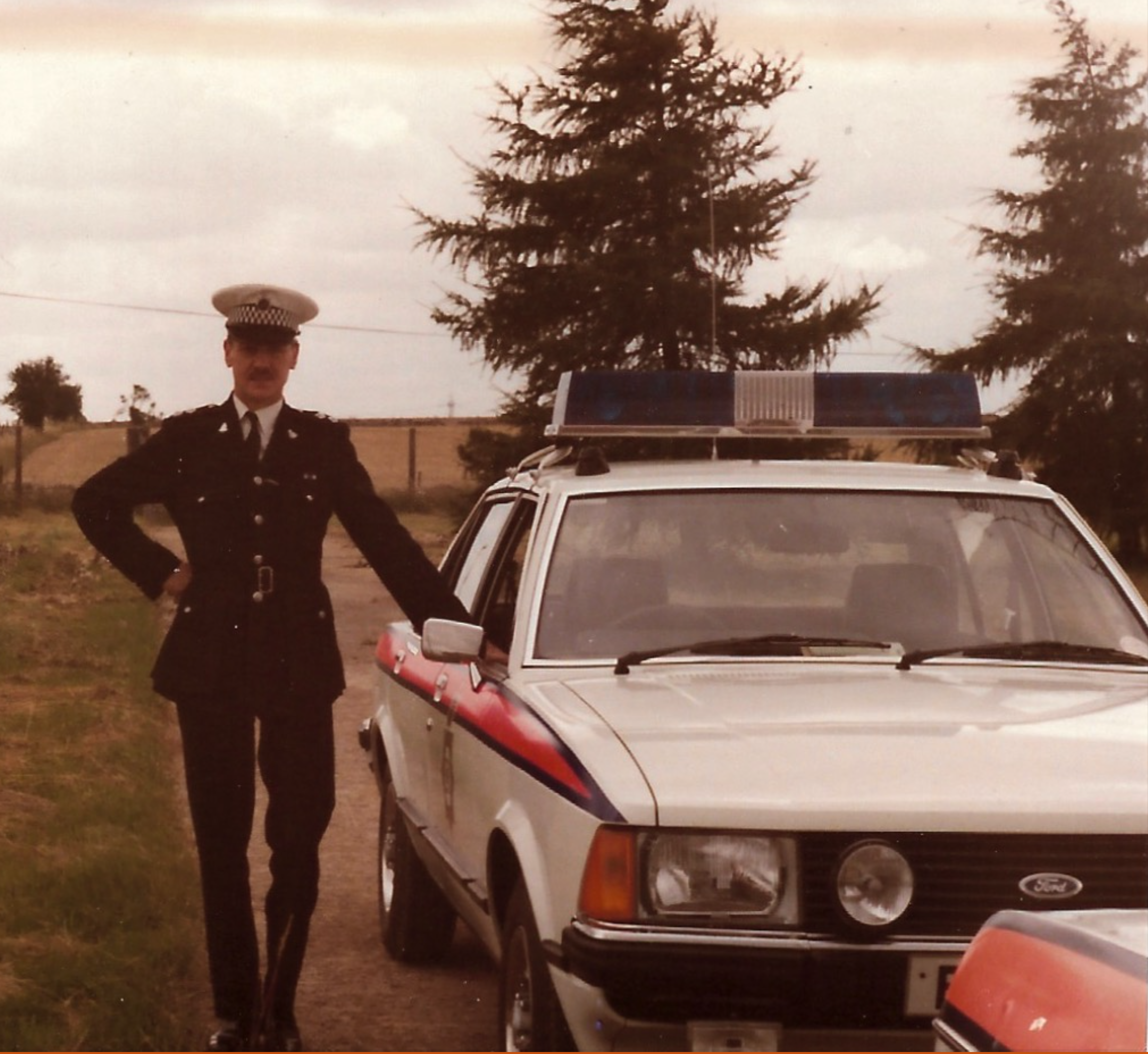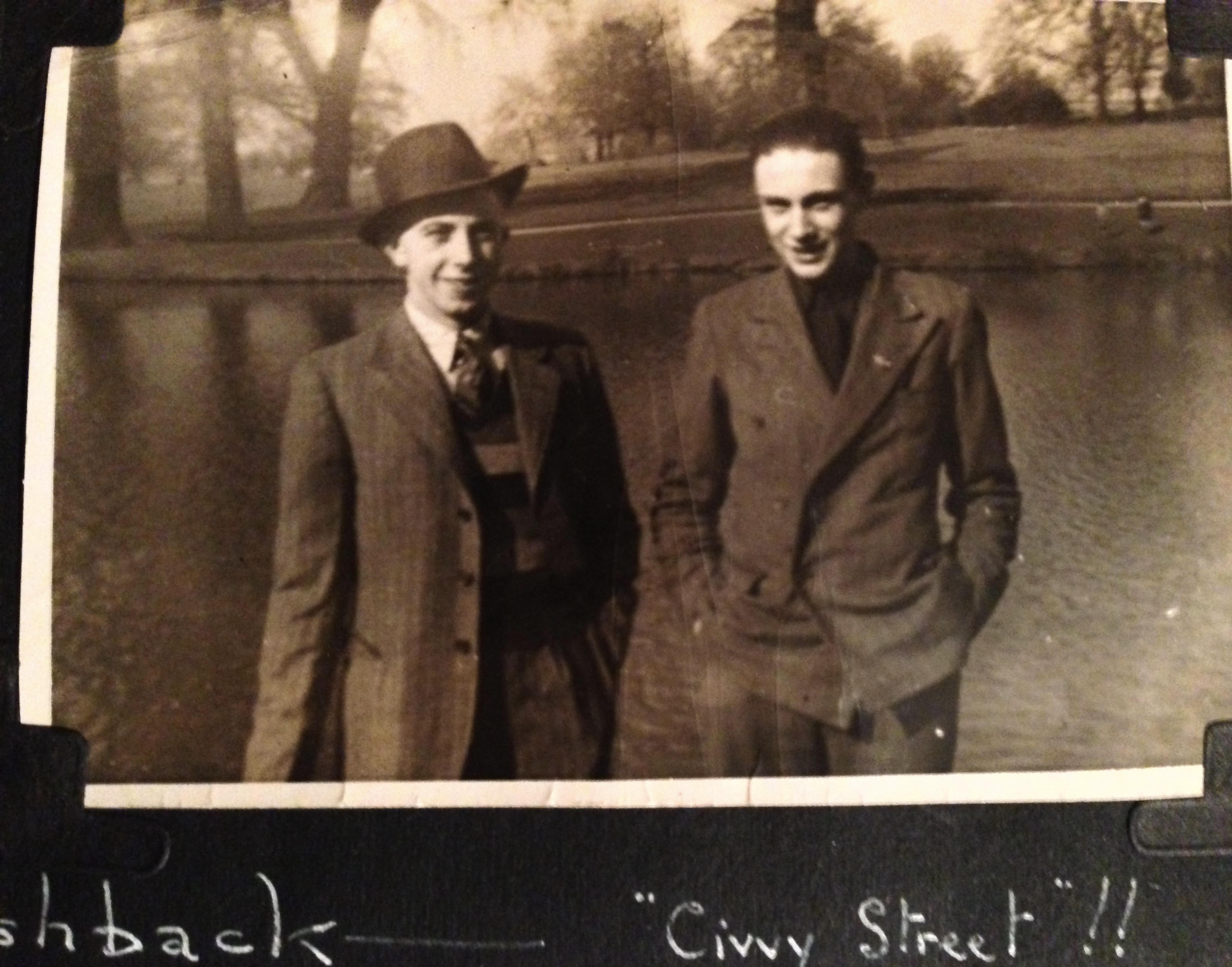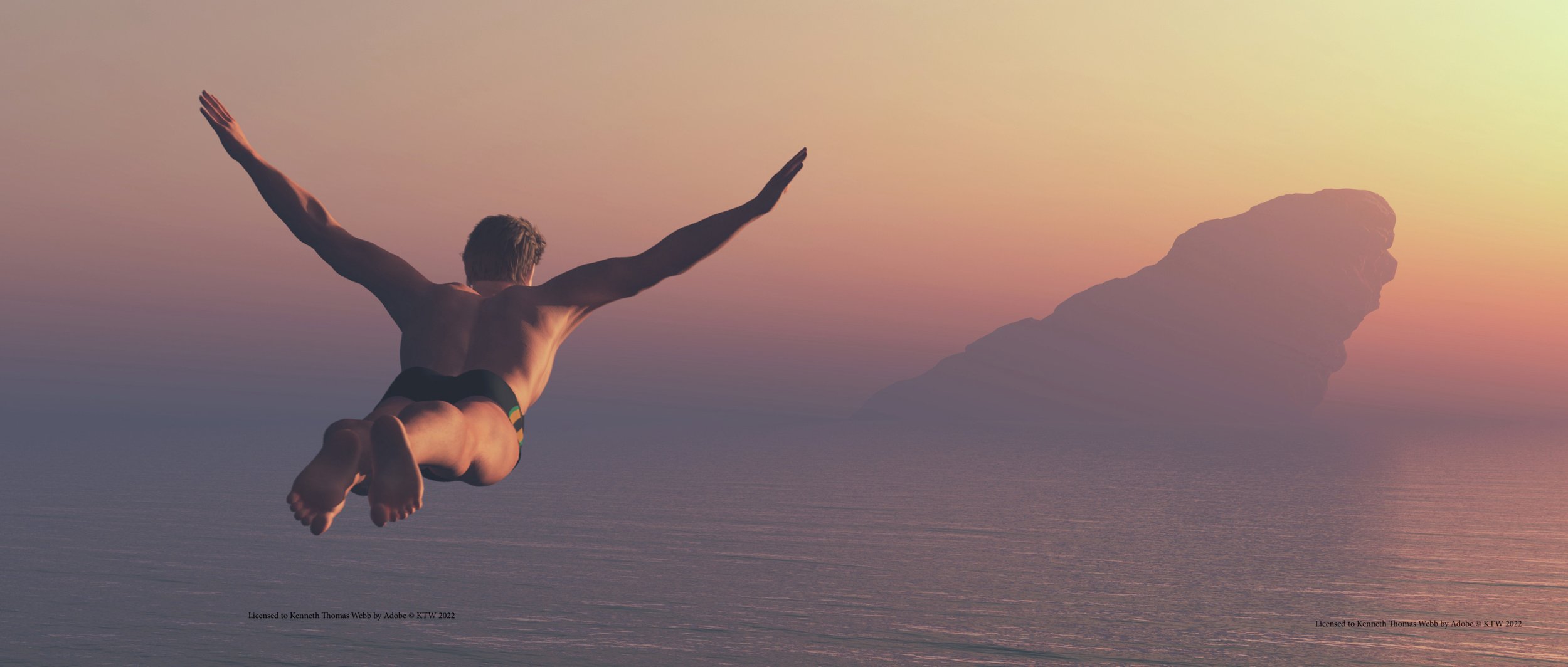Raise the Drawbridge
Dispatches
Volume 11 : October 26, 2021
When the Drawbridge Goes Up
Part I
EVEN as a boy, the drawbridge was a vital part in my defences when laying out the battlefields on the carpet.
I often use the analogy in adult life too.
In my family the phrase 'Ay up! The drawbridge has gone up!!' informed us that somewhere, something, someone, was not in too good a shape.
As a physical act, I've always been slightly in awe when the physical drawbridge raised to allow us to pass through, feeling slightly embarrassed that a line of cars were having to wait.
In Liverpool I always love seeing the drawbridge at the Albert Dock swing round. Just watching the mechanisms enthralled me, as too the locks on the Rivers Avon and Severn where danger, damage, injury and fatality were always most unwelcome ever-present goaders on otherwise warm, pleasant, halcyon summer days in Britain. I jest not. We almost lost my younger sister. But that is for a chapter in Windsor Street Days, elsewhere.
Part II
There are, I warrant, more metaphorical drawbridges today than at any previous time in history. Physical drawbridges may hint at being a thing of the past, a reminder of less happier, less stable times. But their effect remains, their platform now this maelstrom 24/7 lifestyle we all must live today.
Mental ill-health is on a steep rise. We have more suicides than ever. As that line I read it at school - it had a huge impact on me - so perfectly describes it, but I cannot find its source...
‘When earth’s foundations
cracked, crumbled and collapsed’,
shattering everything,
when all came crashing down about me.
For all sorts of reasons, this often happens when I least expect it.
When I sense that all is not well, when I no longer smile at the comical analogy of the grace of the Swan above water and its furious activity below water to maintain that appearance of grace, then I know that it is time to raise the drawbridge.
When I do so, I take stock. I slow down. I think things through and adopt a more measured, less frenzied approach. I obtain an accurate measure of my strengths and weaknesses. I’m able to see my strengths and able to gauge their pliability and suppleness.
As I grow older I become wiser, hopefully. That is not a given.
As I grow older I become less willing to let go.
As I grow older I refuse to accept that what I did with ease, with aplomb, with style, with awe, yes, and grace, fifty - forty - thirty - twenty - and even ten years ago, I simply cannot maintain to their original degree. Maintain, retain, but adjust to current curcumstances.
Suddenly, I'm at war within myself.
Part III
I pause.
I consider.
Danger looms.
Suddenly I see it.
"Stop all engines!"
“Abort landing! Up, up!!”
"Raise the drawbridge!!!"
Part IV
Slowly peace and calm return. Hectic schedules are set aside. Less time is spent flying the screen, less interaction, less emphasis on messaging.
There comes a time when I must attend to my own needs, listen to my own body, pay attention to my own immediate tasks, and pay closer attention, still, to bringing circadian rhythm into line again with natural light and darkness.
It is only for a time.
I have the right to concentrate on my affairs. Too many people in less happier lands would give anything to enjoy this right.
Never, in 68 years, can I recall a time so hellish, so evil in international concept as I do now.
Yet I grasp, too, that I'm now finally understanding what my parents, grandparents, uncles and aunts felt ninety and eighty years ago.
Part V
Do I lower the drawbridge yet? It looks all clear…
“All clear?”
Do you know what you've just said?
No. What?
For twenty years, every Tuesday night at the stroke of 7pm the local fire station tested the air raid siren. It was intense. A slow whine, steadily building in intensity until it crescendoed across the busy town of Cheltenham, travelling across the park and seeming to hit my window full on. During the war, there were several covering north, south, east and west. As the all clear sounded in Cheltenham, when the wind was south-west, family and friends who lived during the blitz described how one could hear the air raid sirens starting up in Gloucester, a two minute flight away.
Time and again I'd hear Mum and Dad; one would say, “Aye' There she goes. The All clear, Nance, dear!”, and Mum would always reply, “Oh how I loved that sound, Des. I knew we were safe again, at least for a time”, the note of trepidation still clear in the voice.
Part VI
One Tuesday night - I was about 22 years old (1977) - I was at my desk by the window and heard the siren. I looked across the park from where it stood high above the fire station tower, and across to the gas Works clocktower (still there but as part of the Tesco Supermarket complex) - “yep bang on 7pm.”
It would sound for about 30 seconds and then would follow the long winding down. If the wind was in the right direction, I could hear it long after others had lost its sound, its last decibels seeming to be trying to burrow deep into the bowels of the earth.
Suddenly though, on this particular Tuesday evening, it dipped. That was quick! Hang on it's going up again! And I literally froze in my seat. (I was studying for my police promotion examinations at the time). I'd heard the air raid sirens countless times in wartime newsreels, but never in real life.
Downstairs, I heard Mum. Hassled movement. Dad was on evenings, so not in. I walked to the landing. Mum looked up the long staircase.
“I never thought I'd ever hear that again.
Now you can get an incline, Ken,
of what Dad and I, all of us, lived through.
Remember this.. .!”
And Mum was different.
There was a belligerence and a seriousness, a steely defiance, that I eventually summed up as, and called, ‘Mum's wartime seriousness’, some might prefer ‘wartime spirit’. But, to me, that romanticism was very definitely absent. No. This was a seriousness, quite different. There was a recalled fear. I actually learned to appreciate that adjective for the first time.
I saw this twice only. Once, in a photograph from November 1944 (below) sitting with her brother’s skipper eight weeks before they were all killed, and the other in November 2014 (also below) when Mum was reading her brother-in-law’s Handley-Page Halifax Crash Report (1943) and compiled at the turn of the century.
But I have a memory of Mum's humour too. When I was getting too big for my boots in 2014-2015.
“Yes, Sur!” … and lighting the room up as only mum could! (That too is on the carousel).
Part VII
So, is it all clear yet?
No. The drawbridge stays raised for the duration. Another one of my parents’ stock war-time phrases.
Oh Dad! How long do I have to do this stupid duty for?
You’re off school, Ken, for six weeks.
For the duration!
It is easier. There is less demand. Less stress.
In this silly incidental strictly-come-dancing-x-factor-love-island-apprentice-no-deference age, I think the phrase is Me Time.
It seems selfish. I prefer to call it taking stock and concentrating on enjoyable priorities.
Concluding Part VIII
Air Raid Sirens ~ When good research repays enormous dividends.
SOME have asked me about the sound of the sirens and how an air raid felt.
Three years ago I completed a very comprehensive study of the Allenbrooke War Diaries. Field Marshal The Lord Allenbrooke was Churchill’s CIGS - Chief of the Imperial General Staff - and chairman of the Chiefs of Staff and later the Joint Chiefs of Staff when the USA entered the war offensively on December 8, 1941. Quite a few isolationists at that time would have been ‘storming the gates’ had they known of the president’s - a man who also loved ships and the sea - rather liberal interpretation of naval assistance to the Atlantic convoys in 1940 and 1941.
Something struck me reading the diaries. At the height of the London Blitz, Allenbrooke did not take cover in the shelters but returned to his Whitehall office, several floors up, as did many like him, and continued to work through the heaviest air raids. I searched for newsreel sounds of the air raid sirens, and stumbled across this recording - A Night in 1940’s London prepared by The Darkrunnner. The recording lasts for 1 hour 16 minutes and 10 seconds.
I decided to let it run while I worked on the website. And I also decided to turn the volume to full, not, I hasten to add, with ear phones. I’d lose all hearing!
I admit, it is chastening; even reacting with a body jerk at some of the no-warning grand-slams. Today, kids think grand-slam-think-Tennis. If but the truth they new!
And with this chastening, an even greater awareness than I had before I penned Drawbridge.
The recording perfectly aligns with the accounts by my family when I was growing up in Cheltenham, Gloucester and Coventry, by countless friends who lived through those times, as well as my friends in Germany and Austria, and their accounts of what they experienced when on the receiving end of an horrendous Allied Strategic Air Offensive.
If you are minded to, allow the recording to run ‘in real time’. Carry on working, as I’m doing at the moment in writing this. I am learning much.
Kenneth Thomas Webb
Liverpool and Gloucestershire
October 26, 2021
All Rights Reserved
United Kingdom - Ukraine - Austria - Germany - Australia - New Zealand - Canada - USA
© Kenneth Thomas Webb 2022
One of the Fifteen Founding Members of Leaders Lodge
Ken Webb is a writer and proofreader. His website, kennwebb.com, showcases his work as a writer, blogger and podcaster, resting on his successive careers as a police officer, progressing to a junior lawyer in succession and trusts as a Fellow of the Institute of Legal Executives, a retired officer with the Royal Air Force Volunteer Reserve, and latterly, for three years, the owner and editor of two lifestyle magazines in Liverpool.
He also just handed over a successful two year chairmanship in Gloucestershire with Cheltenham Regency Probus.
Pandemic aside, he spends his time equally between his city, Liverpool, and the county of his birth, Gloucestershire.
In this fast-paced present age, proof-reading is essential. And this skill also occasionally leads to copy-editing writers’ manuscripts for submission to publishers and also student and post graduate dissertations.

